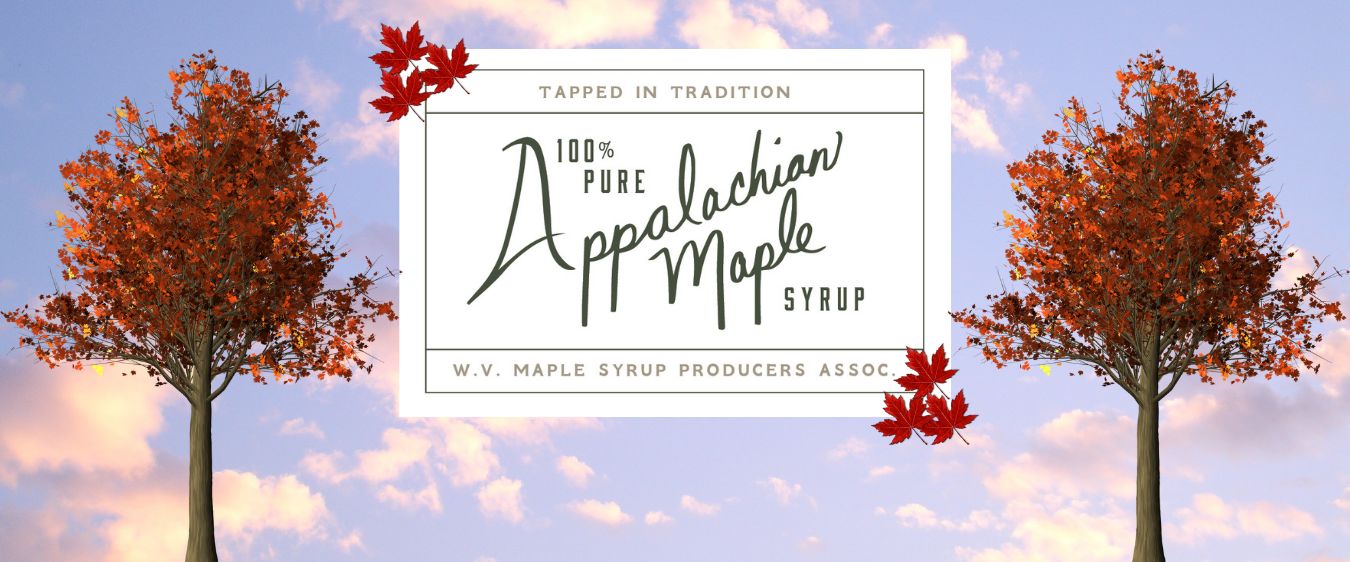By Tina Barton
I became a reading machine.

Something led me to an article reviewing Appalachian Reckoning: A Region Responds to Hillbilly Elegy (edited by Anthony Harkins and Meredith McCarroll) which is a multi-author retort to Hillbilly Elegy: A Memoir of a Family and Culture in Crisis by JD Vance.
Appalachian Reckoning sounded like an interesting compilation of essays, poems, and stories but I had never read Hillbilly Elegy. So my Kindle App soon received two new occupants.
A word about hillbillies. My grandfather was Dr. Patrick W. Gainer, a popular professor at WVU and a locally renowned folklorist. He started the West Virginia State Folk Festival in 1950 as part of a class project with Glenville Normal School, now Glenville State College. He disapproved of the popular stereotype of “hillbillies” and “Hillbilly” was a pejorative term in his mind. When WVU commissioned a statue of a mountaineer, he gave input to make sure that kind of imagery was not used as a model. Grandpa often described his mountain people as hardworking, fiercely independent people, who, if not formally educated, were well-versed in oral tradition and knowledge about the natural world. He mainly focused on folklore and music from “old world” European origins. He also collaborated with African Americans of West Virginia, who created similar collections, encouraging them to tell their stories. So while he has been criticized for “white washing” the folklore of the region, his family knows better. That’s not the main point of this post.
By now you probably realize this post also has little to do with maple syrup production. Grandpa talked about molasses production in folk tradition in his book “Witches, Ghosts and Signs,” but left out maple. And no one talked about maple in either of the books I’m talking about. But to all that, I will circle back around.
In perusing Hillbilly Elegy, my first reaction was to be insulted because the description of hillbillies that Vance gave was precisely the stereotype that Grandpa fought against. Furthermore Vance went so far as to blame the Scotch-Irish roots of hillbillies for their propensity for ignorance, violence and drunkenness! That much was ridiculous. The mountains were settled by many more peoples than the Scotch-Irish, and there is no cause to imply that Scotch-Irish people are at all prone to violence and substance abuse, anyway, nor that there was any cultural propensity for such behavior in mountaineers!
But that Vance had anecdotal evidence in his family, and that he took a risk in sharing his most vulnerable side to expose what he felt was a crisis in culture did take some courage. So it’s hard not to like the guy and appreciate his transcendence into education and financial stability against the odds he was up against. So in the end, I appreciated his story while taking his conclusions with many grains of salt.
On to Appalachian Reckoning. What I loved about this book was that it showed all points of view, agreeing or disagreeing with Vance, and the whole spectrum in between. Some of the essays were dry, many were compelling, and included stories of similar or different anecdotes to Vance’s. At times I was embarrassed for purchasing Vance’s book and ashamed for allowing him the royalties my purchase gave him, further increasing his wealth and power. At other times I was glad I purchased it. But more, I was happy I read both books, especially Appalachian Reckoning.
I am not an Appalachian by birth, though I am by ancestry. Someday I will write a book about how all roads lead to West Virginia. When I am on my ancestral property, despite the signs of a “culture in crisis” that I see around it, I feel at home and at peace. But as my sister says, it’s not Grandpa’s West Virginia anymore. She says the things that are happening a stone’s throw from his home are certainly making him spin in his grave at quantum speed.
But the people I’ve had the privilege to meet through the West Virginia Maple Syrup Producers Association make me realize the culture is not lost in crisis. There is an opioid epidemic, no doubt. There are limited financial opportunities in certain locales, no doubt. But there are good people participating in and offering educational opportunities, and sharing marketing ideas and tips to improve production. Our Mountain State Maple Days don’t just help the maple producers but the ancillary businesses such as shops and restaurants that participate. The West Virginia Department of Agriculture is active in helping increase economic opportunities, as is Future Generations University.
Can maple production save West Virginia? Not by itself. But people with access to a few syrup-producing trees might learn how to tap them and have a product to enjoy, trade or sell. Knowledge is key. Knowledge is part of our mission. Of that, we can be proud.



